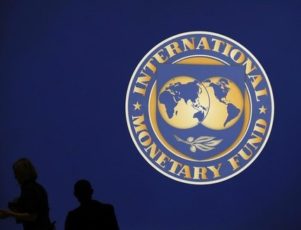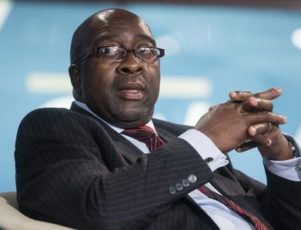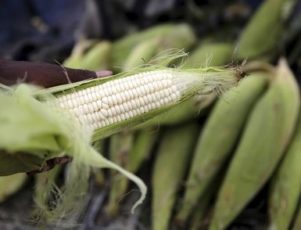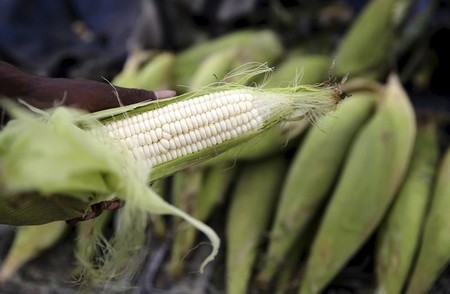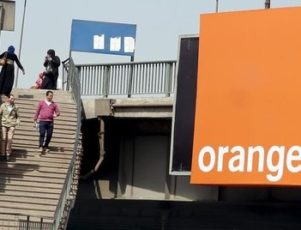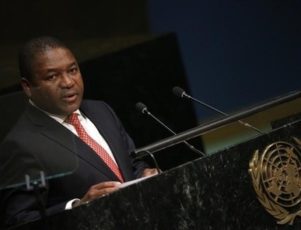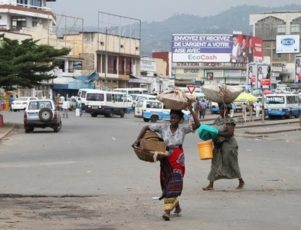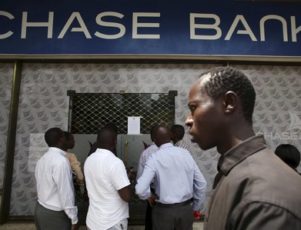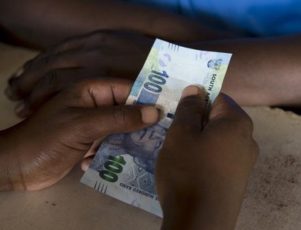JOHANNESBURG (Reuters) – South Africa could extend consultations on a draft law opposed by mining companies that say the move to redress imbalances of the nation’s past apartheid rule would impose unfair conditions over black ownership.
Mining minister Mosebenzi Zwane announced the potential extension at a business briefing on Friday and later said that talks with the industry over the proposed changes to the Mining Charter would take place next Monday and Tuesday.
The new draft of the charter says that companies must be at least 26 percent black-owned at all times, even if some of the black shareholders choose to sell out.
Mining companies argue that after they have complied with the 26 percent black empowerment rule it shouldn’t be their responsibility to monitor the ownership balance continually.
A 30-day consultation period started when the draft law was published last Friday, but the mining industry has said this is not long enough.
“Should it be necessary for us to go beyond 30 days that call will be made as the necessity arises,” Zwane said. “Rather than us complaining about time, let’s engage.”
The news about next week’s talks was announced by Zwane at AngloGold Ashanti’s TauTona mine west of Johannesburg, where he said: “It (the draft law) is just a proposal, which is why we are saying ‘come, let’s talk’.”
The Chamber of Mines, which represents companies such as Anglo American and Glencore, said it was not consulted about the proposed changes and that the draft law comes at a difficult time for commodity producers contending with depressed prices and rising costs.
“We are saying it’s a tough time and, for us to regulate and go through these processes right now, the industry is taking strain,” the chamber’s president Mike Teke told Reuters.
AngloGold CEO Srinivasan Venkatakrishnan, meanwhile, said that judgment should be reserved until after “robust engagements and discussions” have been completed.
“We have high expectations,” he said of the talks.
Failure to meet the empowerment targets could result in mining permits or rights being revoked.
“This draft seems to me like all stick and no carrot for the industry,” said one fund manager at a large South African firm. “The whole situation adds another layer of confusion.”
A court process is under way to clarify the “once-empowered, always-empowered” principle and could have an impact on the draft bill.
Zwane said that investors should not be concerned by the bill because the process will be transparent and inclusive.
“I don’t foresee a situation where investors should be scared of people practising their democratic right to engage,” he told Reuters. “Let’s get real with the issues, let’s talk.”
(By Zandi Shabalala. Additional reporting by Ed Stoddard; Editing by James Macharia and David Goodman)


